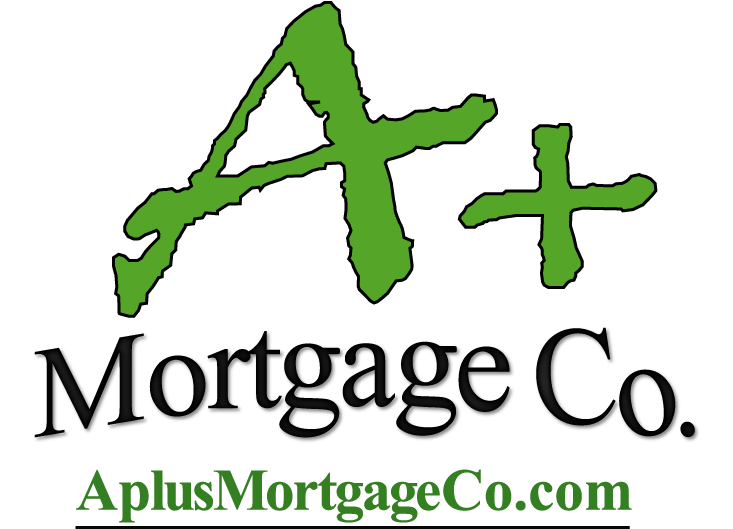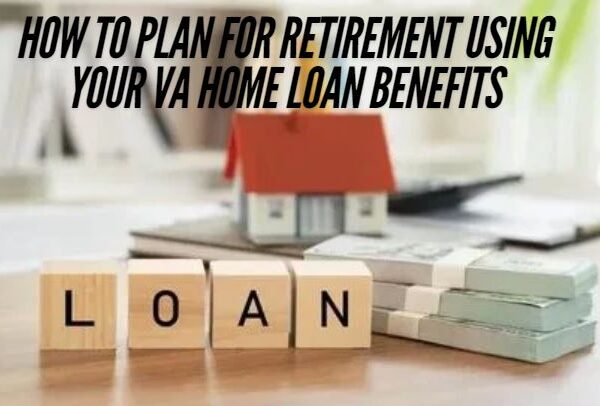Preparing for retirement can be boring due to the different options available, especially for those who have served in the military. While there are a bundle of benefits that are accessible to veterans, one most often overlooked is the potential of the VA home loan. This remarkable feature not only ensures that home ownership becomes a reality, it also offers a secure approach for individuals as they plan for retirement. Imagine that the residence you are currently using becomes an opportunity to generate wealth by accumulating equity and providing support for your retirement. In this article you’ll get the knowledge on “how to plan for retirement using your VA home loan benefits.”
Understanding VA Home Loan Benefits:

Designed to help former military personnel and their active counterparts, as well as National Guard and Reserve members, the VA Home Loan Program comes with numerous advantages. These include:
No down payment needed: This means that you do not have to put aside a large amount of money beforehand in order to buy a house.
No PMI: This could be hundreds of dollars cheaper from your monthly payments as compared to the conventional loans.
Low-interest rates: Most VA loans have lower interest rates than regular home mortgages, meaning lower monthly repayments.
Flexible credit scores: The VA program has less stringent norms and evaluations on the credit history of the borrowers making it easy for more veterans to own houses.
Building Equity For Retirement:
Equity accumulation over a period of time is one of the primary advantages of owning a home. When you purchase a house using a VA loan, you are buying an appreciating asset. Your equity increases as you make payments on your mortgage, which is a resource you can use when nearing retirement.
Steps to Build Equity:
Choose the Right Property: It is wise to buy a house in the area that is easily reachable. Analyze the geographical area trends with respect to real estate and the current economic situations that may affect property demand.
Make Extra Payments: If possible, make additional principal payments on your loan. This is important because it can help you decrease the interest you pay over the life of the loan and help you achieve equity faster.
Renovate Wisely: If it comes to improving rather than building or buying a new one, consider improvements that are likely to add to the value of the house. Let kitchen and bathroom improvements be your focus since those are renovations that tend to pay back a lot.
Consider Renting Out Part of Your Home: If your house has extra features like a basement or extra room, you may need to consider renting that space. This makes extra money which can help in the repayment of the mortgage or in saving for old age.
Using Home Equity to Fund Retirement:
When the time of your retirement nears, the equity that you have built up in your house can provide support as an additional financial resource. There are many ways you could utilize this equity such as:
Home Equity Line of Credit; (HELOC): A HELOC is a type of debt where the borrower uses the equity of his or her home as collateral. This gives the borrower access to funds as and when they are needed. This is suitable for such times as emergency expenditures or even as retirement enhancement.
Downsizing: In case you have grown children and now there is empty space in the house that was once adequate, it might be time for a change in residence. You may be amazed at how much money can be raised from selling your current house, which can be used to buy a smaller property or enhance your retirement savings.
Reversed home loans: If you’re at least 62 years old and still reside in your home, a reverse home loan allows you to sell off the equity you’ve built instead of selling the home outright. This can help when looking for extra income in retirement. However, it should be noted that the entire procedure should be understood clearly before attempting it.
Retirement Housing Considerations:
While making provisions for old age, take into consideration how your housing demands could change. You could settle for an easy-to-care-for house or rent a house in an active community of your choice.
Consider the age-limited communities: Look for age-friendly housing options that usually promote a lifestyle for retirees. Most centers provide facilities and services that target the older generation making it easy to adapt when you near your retirement age.
Place is Vital: Give a thought to your desired location for retirement. The closeness to family members, medical care, and leisure activities can affect one’s choice. Some retired military personnel opt for a more affordable region for relocation to help cut down on overhead costs of retirement.
Consult a Financial Advisor:

Although VA home loans provide you lots of benefits when your retirement is near. But if you consult a financial advisor you’ll get additional benefits such as assessing your overall financial situation, and setting retirement goals, and you can take a look at key reasons to hire a financial advisor or investment manager.
Final Thoughts:
You expressed curiosity about “how to plan for retirement using your VA home loan benefits.” Our concise response is: By Strategically using your VA home loan benefits, you can greatly improve your retirement planning. By accumulating equity in your home, taking advantage of available resources and planning for your future housing needs, you can ensure a more stable financial future. Remember, planning for retirement is a journey that requires careful deliberation and planning. With the right approach, your VA home loan can be a powerful tool in achieving your retirement goals. Ready to unlock your VA benefits? Start planning now with our top-rated online platform, https://aplusmortgageco.com/.

